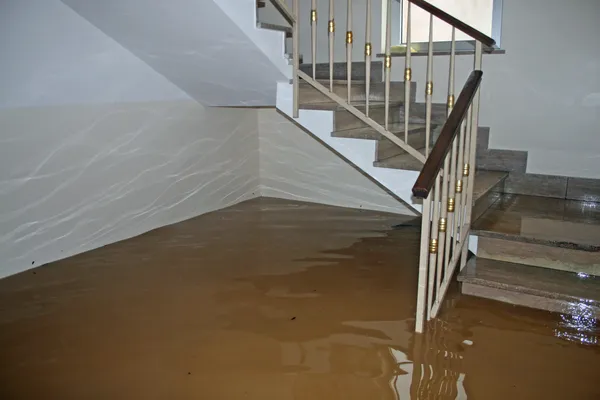From burst pipes to leaky roofs, the sources of water damage are numerous, but the preventive measures are equally diverse. Taking proactive steps to safeguard your property against water damage can save you from significant financial and emotional distress. Regular Maintenance Checks:Schedule regular inspections of your property to identify and address any potential issues. Check for leaks, cracks, and signs of water damage in areas like the roof, walls, basement, and around windows and doors. Timely detection can prevent a minor problem from escalating into a major disaster. Roof Maintenance:Your roof is the first line of defense against water infiltration. Inspect it for damaged shingles, gaps, and blocked gutters. Keep your gutters and downspouts clean and ensure they direct water away from the foundation to prevent water pooling. Proper Grading:Ensure that the ground around your property slopes away from the foundation.
This prevents rainwater from accumulating near the base of your home, reducing the risk of basement flooding and foundation damage. Sealing and Insulation:Properly seal windows, doors, and any other openings in your property’s exterior to prevent water from seeping in. Adequate insulation not only improves energy efficiency but also reduces condensation, which can lead to mold growth. Sump Pump Maintenance:If your property has a basement, a sump pump can help keep it dry. Regularly check the pump to ensure it’s functioning properly and consider having a backup power source in case of electricity outages during heavy storms. Address Plumbing Issues:Leaky explore deeper pipes are a common source of water damage. Regularly inspect your plumbing for leaks, and promptly address any issues you discover. In colder climates, insulate pipes to prevent freezing and potential bursting.
Install Water Detection Devices:Modern technology offers water detection devices that can alert you to leaks and flooding, allowing you to take swift action even when you’re not at home. Landscaping Considerations:Be mindful of your landscaping choices. Avoid planting trees with invasive roots near water lines, as their growth could damage pipes over time. Know Your Water Main Shut-off:Familiarize yourself with the location of your water main shut-off valve. In case of a sudden leak or burst pipe, shutting off the water quickly can mitigate potential damage. Insurance Coverage:Lastly, review your insurance policy to understand what types of water damage are covered. Consider adding flood insurance if you live in an area prone to flooding. By implementing these expert tips, you can significantly reduce the risk of water damage to your property.



